THE DILEMMA OF A GHOST AND ANOWA By AMA ATA AIDOO (Analysis)
PLAY TITLE: THE DILEMMA OF A GHOST AND ANOWA.
PLAYWRIGHT: AMA ATA AIDOO.
PUBLISHERS: LONGMAN AFRICAN WRITERS.
PUBLICATION: 1965.
INTRODUCTION
The Dilemma of a Ghost is concerned with the arrival in Africa of a black American woman married to a Ghanaian and the struggle she has in coming to terms with her cultural past and with her new home
Ama Ata Aidoo, a Ghanaian writer, wrote the short drama The Dilemma of a Ghost. The plot revolves around Ato, a young Ghanaian man studying in America. He meets and falls in love with Eulalie, an African-American girl living in America, here.
When Ato goes home with his new bride, he finds himself divided between his family’s traditional customs and his wife’s western lifestyle. His marriage and his wife’s behavior are heavily criticized by both family members and the Ghanaian community at large. The author employs a variety of scenarios to highlight the differences between traditional African culture and current Western civilization.
When two cultures collide, there is generally a point of contention. One seeks to dominate the other.
The writer uses the various lifestyles of an African family and their union with an African American to demonstrate the cultural split that happens throughout the novel. Their daily lives demonstrate how people from all cultures seek to coexist under the same roof. The collision of civilizations is shown by how they react to each other in various situations.
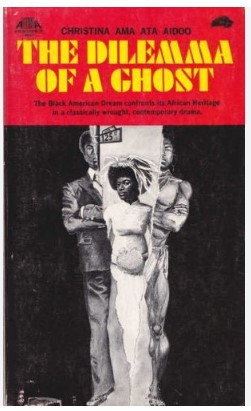
CHARACTERS AND CHARACTERIZATION.
i). ATO YAWSON.
-A young Ghanaian graduate
ii). EULALIE YAWSON.
-An Afro-American graduate
iii). ESI KOM.
-Ato’s mother
iv). MONKA
-Ato’s sister
v). NANA
-Ato’s grandmother
vi). AKYERE.
-Ato’s elder aunt
vii). MANSA.
-Ato’s younger aunt
viii). PETU.
-Ato’s elder uncle
ix). AKROMA.
-Ato’s younger uncle
x). 1st AND 2nd WOMAN.
-Ato’s family neighbours
B: THEMES.
1. Promise
This is portrayed as it is said that,
“And all my people your people…
EU: And your god my gods?
ATO: Yes.
EU: Shall i die where you die?
ATO: Yes… and if you want you shall be buried there also…” Page.9-10
2. Love
This is portrayed as it is said that,
“ATO:…I love you Eulalie…” Page.10
3. Jealous
This is portrayed as it is said that,
“ATO:…I couldn’t bear seeing you love someone else better than you do me…” Page.10
4: Cultural alienation
This is portrayed as it is said that,
“ATO:…We shall postpone having children for as long you would want…” Page.10
“ATO:…She said that my people have no understanding, that they are uncivilized…” Page.50
5. Awareness
This is portrayed as it is said that,
“EU:…Darling, some men do mind a lot…
…But still I understand in Africa…” Page.10
6. Position of a child
This is portrayed as it is said that,
“2nd W:…Sometimes we feel you are luckier
Who are are childless.
1st W:You are luckiest ho have them…” Page.11
“PETU:…When two people marry, everyone expects them to have children.
For men and women marry because they want children…” Page.44
7: Ignorance
This is portrayed as it is said that,
“NANA:…They say they buy kresin and pay for it with money…” Page.13 (KRESIN-KEROSIN)
“MONKA:…Hurere…
THE W:…Hurere…” Page.16 (HURERE-EULALIE)
“MONKA:…Amrika! My brother…” Page.17 (AMRIKA-AMERICA)
8. Advice
This is portrayed as it is said that,
“NANA:…Why do you not take her to Kofikrom? The herbalist there is famous…” Page.14
9: African tradition
i). Bride price
This is portrayed as it is said that,
“ESI:…and add to it to give to Ato’s father to pay for the bride price for its owner…” Page.15
“…I have sold your sheep to pay the bride price for you when you make up your mind to marry…” Page.16
ii). Treatment
This is portrayed as it is said that,
“PETU:…Whose stomach shall we wash with this medicine…” Page.43
iii). Believes
This is portrayed as it is said that,
“PETU:…This day we try to drive away all evil spirits, ill luck and unkind feelings…
…We invoke our sacred dead to bring us blessings…
…Then pour libation to ask the dead to come and…” Page.44
10: Illiteracy
This is portrayed as it is said that,
“ESI:…Ato, you know that some of us did not hear the school bell when it rang…” Page.17
11. Tribalism
This is portrayed as it is said that,
“AKYERE:…What is her tribe?…
NANA:…She has no tribe?…” Page.17
12. Humiliation
This is portrayed as it is said that,
“ESI:…And if you threw my gifts into my face and drove me out of your house how, can I forget it?…” Page.34
“ESI:…Where did you through the snails?…” Page.34
13: Meanness
This is portrayed as it is said that,
“ESI:…Neither you nor your wife bothered to give us seats to sit on or water to cool our parched throats…”
…How can I then sleep in a house where I am not welcome?…” Page.34
14. Lamentation
This is portrayed as it is said that,
“ESI:…Oh, Esi of the luckless soul…
…My knees are callous with bending before the rich…
…how often did I wept before your uncles and great uncles while everyone complained that my one son’s education was ruining our home…” Page.35
15: Modernity
This is portrayed as it is said that,
“EULALIE makes as if to stand and speak but sits down again and continues puffing at her cigarette…” Page.34-35
“…EULALIE still puffing at a cigarette…EULALIE continues to puff her cigarette…” Page.36
“ATO:…Her womb has not receded!…If we wanted children, she would have given birth to some…
In these days of civilization…It can be done…” Page.51
C: CONFLICTS.
i). Ato against his family- This is portrayed as it is said that,
“ALL:…You are married? Married! Married!…
ESI:…Who is your wife?…
AKYERE: When did you marry?…” Page.16
“AKYERE…What is her tribe…
PETU:…Where does your wife come from…” Page.17
ii). Ato against his mother- This is portrayed as it is said that,
“ATO:…Are you still harbouring this grievance?
ESI:…Do not annoy me, please. How can I forget it?…” Page.34
iii). Ato against Eulalie- This is portrayed as it is said that,
“ATO:…Now you have succeeded in making trouble for me…” Page.36
D: DICTION/LANGUAGE USE.
I: FIGURES OF SPEECH.
a). Simile
This is portrayed as it is said that,
“EU:…I am not as good as your folks…” Page.9
“ESI:…I have been quite as if I were a tortoise…” Page.34
“ESI:…Living a life of failure is like taking snuff at the beach…” Page.35
“ESI:…The name keeps buzzing in my head like the sting of a witch bee!…” Page.36
b). Tautology
This is portrayed as it is said that,
“ALL:…You are married? Married! Married!…” Page.16
c). Personification
This is portrayed as it is said that,
“…Eulalie’s eyes follow him as he goes back…” Page. 26
“2nd W:…If Nakedness promises you clothes…” Page.37
d). Rhetorical question
This is portrayed as it is said that,
“ATO:…You went to the farm?
PETU:…My Master where else have I to go?…” Page.29
“NANA:…Who says it is not your affair? It’s his affair, isn’t it?…” Page.42
e). Symbolism
i). Ghost- This stands for cultural alienation.
II: SAYING
This is portrayed as it is said that,
a). “AKROMA:…We can soon know the bird which will not do well, for his nest hangs by the wayside…” Page.15
b). “PETU:…One must take time to dissect an ant in order to discover its entrails…” Page.16
c). “ESI:…Some of us did not hear the school bell when it rang…” Page.17
d). “NANA:…Young man, one does not stand in ant-trail to pick off ants…” Page.42

E: SETTING.
a). Ghana- This is portrayed as it is said that,
“ESI:…The same thing happened the day i came to visit you at Accra…” Page.34
F: STYLE/TECHNIQUE.
i). The play has been told in dialogue, however there are some parts of monologue as soliloquy when characters are portraying their personal conflicts. This has been revealed where it is portrayed that,
“NANA:…Do not be pained…” Page.13
“NANA:…My spirit mother ought to…” Page.19
“ATO:…Where are they?…” Page.29
“MONKA:…I remember the time he was preparing…” Page.35
ii). Singing and dancing- This has been revealed where it is portrayed that,
“BOY:…Shall I go
To Cape Coast,
Or to Elmina…” Page.28 and 51.
G: PLOT.
-The play has been portrayed in chronological order as events are arranged in series form. The playwright has divided this text into two parts;
The first part is called PRELUDE in which a play resumes portraying on the way the Odumna clan has vested its wishes and hope toward its only scholar who will soon return a graduate. Later this part introduces a dialogue of two elites ATO YAWSON and EULALIE YAWSON who are shown to be lovers and they expect to come in Africa for a better stay after their studies.
The second part is divided into ACTS.
ACT ONE begins by showing a conversation made between two women, the 1ST W and the 2ND W. The 1ST W is portrayed being childless and she believes that women with children are luckiest. Also, this chapter builds an expository part by creating a disagreement on the affair of marriage the thing which builds a core part of what the text is all about.
ACT TWO begins by portraying the two women telling on the way ATO’s mother has became angry from the way her only son has married a stranger. Not only that but also her only daughter MONKA does not get married in spite of her age being ripe. Parallel to that this chapter portrays that ATO is staying at the city Accra with his wife and they are shown living a happy life.
ACT THREE is set at ATO’s village where he has gone with his wife to spend a weekend. The act starts by portraying on the conversation made between a BOY and a GIRL on what they should do either to play a game of hiding or to sing. Then they decide to sing a song of a Ghost. These are portrayed to be ATO’s thoughts in a dream. Also, the chapter portrays on the way ATO is visited by his uncle being followed by his mother being accompanied by MONKA with a present of snails. This chapter creates another conflict as ATO’s wife throws the present brought by her mother in law at her presence, this creates grievance between them.
ACT FOUR is set at the city Accra at ATO’s home. This chapter begins by the portrayal of two women who portrays that ATO’s mother has changed she is not the same as she was. Also, this chapter portrays on the position of a child in any marriage as it portrays ATO’s family visiting him and his wife to ask as to why they have no child in spite of a long time of their stay. Here, a theme of traditionalism and modernity is established as it is portrayed that ATO’s family has visited their son with a bowl of herbal concoction, the medicine to wash EULALE’s womb as it is believed to be receded. But this brings a strong conflict as ATO tells them that there is nothing of a disease but is their way to family planning.
Moreover, the Act introduces some African traditions like pouring libation and thanksgiving as a way of rejoining with the dead and their blessings the thing which were of a dream to EULALIE.
At last the chapter sums up by showing ESI, receiving ATO and his wife as her children as she becomes aware that the issue of bearing children can be planned by a couple as well as living a life to a new society by the beginning people becomes stranger but they can be used to the new traditions and become good people.
To sum upon a plot of this play a playwright has ordered the events from exposition named prelude where the societies expectation is portrayed being followed with an illusive life that ATO expects to live with his lover EULALIE as they come in Africa.
Rising action begins when the two women portrays on the value of children in African marriages being followed with a conflict between ATO against his family as he informs them that he is married.
Climax is portrayed through EULALIE’s failure toward coping the African living style like eating of snails, worshiping the dead, thanksgiving as well as pouring libation, thus EULALIE is portrayed a stranger the thing which alienates ATO from his society. This part continues until when ATO’s parents comes with the demand of a child in ATO’s family resulting to a misunderstanding with his family as he informs them that there is nothing wrong.
Falling action comes as ATO making his mother aware that his family has no problems at getting children but they are exercising a family planning the thing which is nit useful among village dwellers.
This part leads us to a last part of resolution as ATO’s mother understands and promises at telling other relatives. Also, ESI blames ATO from failing to tell her of that to the extend they embarrassed his wife by suspecting her as a receded woman. Then ESI ends the play by telling ATO that “…No stranger ever breaks the law…” being followed by the acceptance of EULALIE to begin a new life with ATO’s parents.
H: MESSAGE.
a). Marriage is a complicated institution but it should be left on the hands of lovers to decide while parents overseeing as advisors.
b). Being educated it doesn’t mean knowing everything rather the elites have to learn from others in order to cope with the societal life.
c). Some African traditions like medication and unity in decision making are good and they should be preserved but others like worshiping gods and the dead by pouring libation are not good to cope with the world of science and technology.
d). Love has no boundary as it doesn’t focus on tribes or nationality.
I: RELEVANCE OF A PLAY.
-Aidoo’s play THE DILEMMA OF A GHOST
is relevant to Tanzanian as well as any other African society. This comes as Africans hates intermarriages basing on tribes as well nations as ATO’s parents portrays.
-Also, the play is relevant among Tanzanian as well as Africa at large because of the position of a child portrayed in it. To Africans, having children after marriage is a good luck. Any other way round it is a misfortune as ATO’s parents portrays.
-Moreover, the play reveals on the way youngsters meets with opposition from their parents as they decide to marry in families, tribes or nations that are not favorable to their parents. This reveals the reality existing in most of the African societies.
-Parallel to that, this play reveals some African traditions like paying of bride price, traditional dances, traditional medicines as well as beliefs like pouring libation and thanksgiving which still exist in most of some African societies.





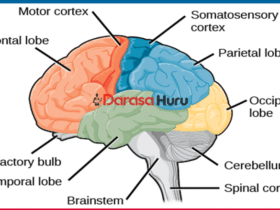
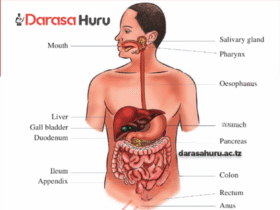



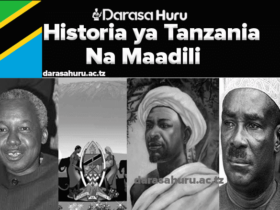
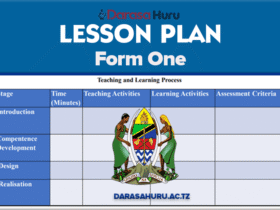
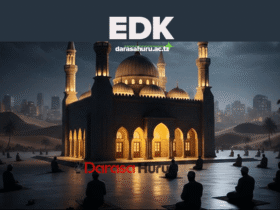
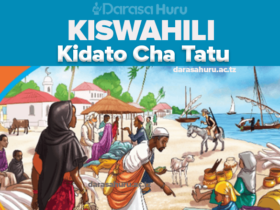
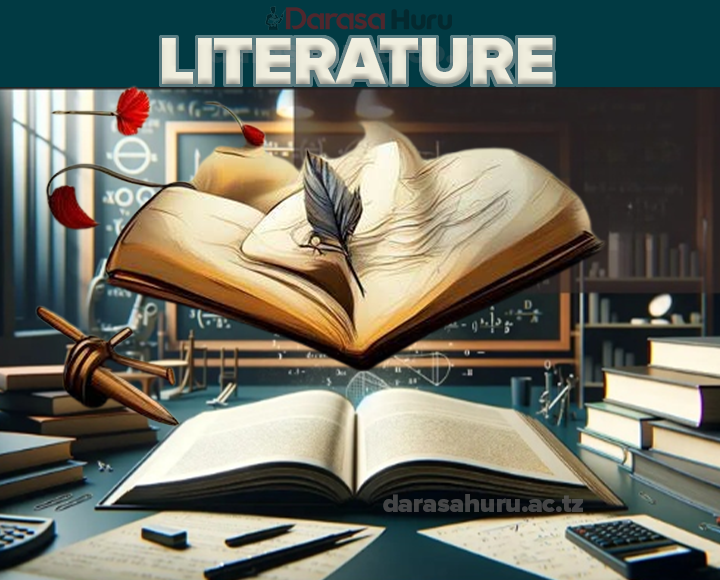
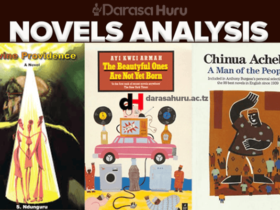
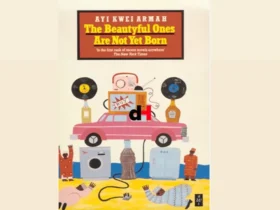
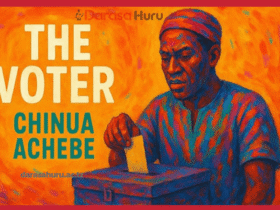

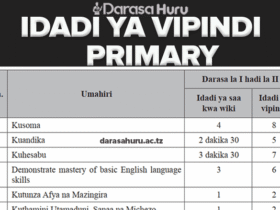
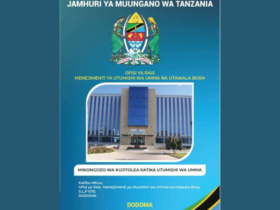
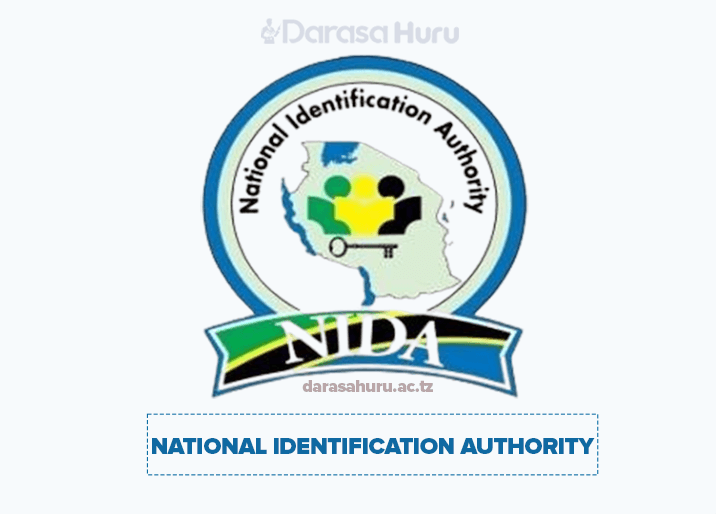

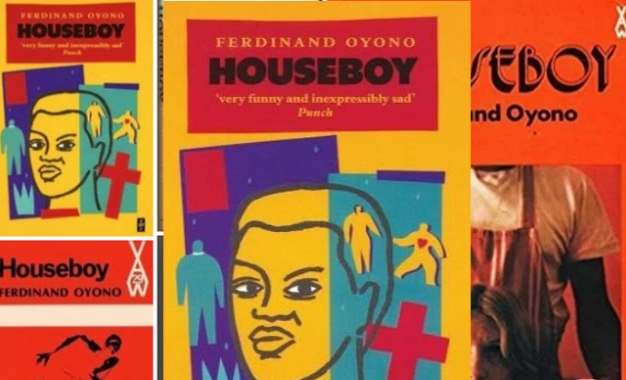


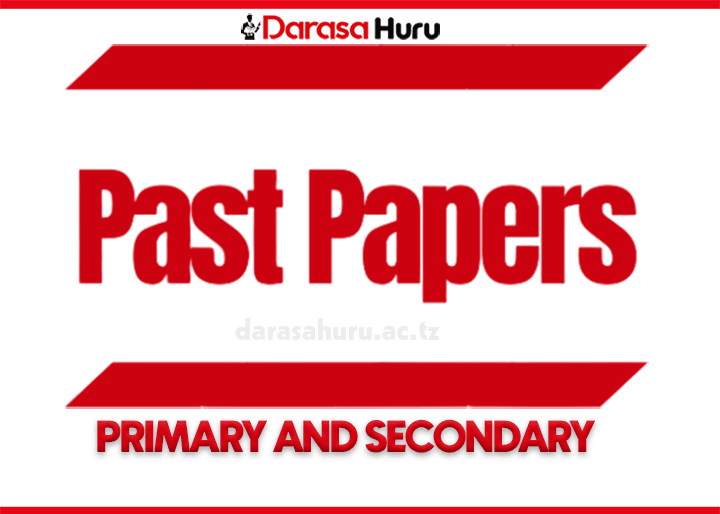

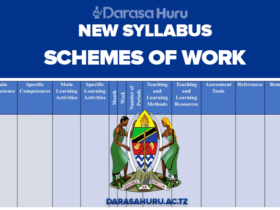
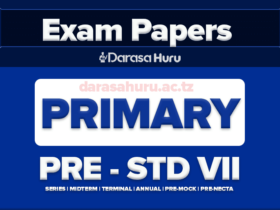
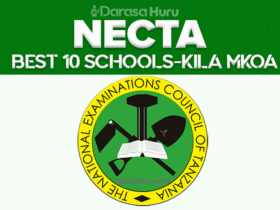

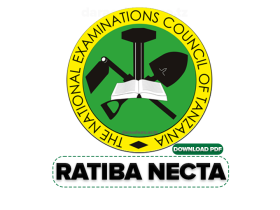



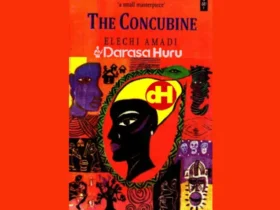
Leave a Reply